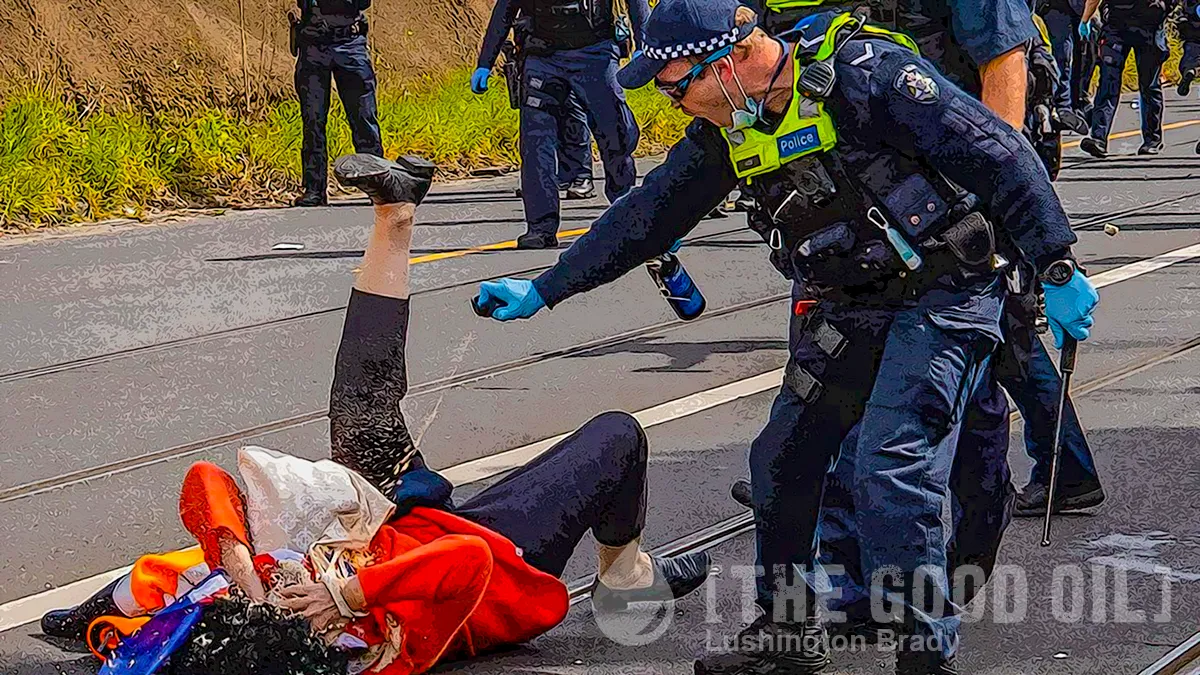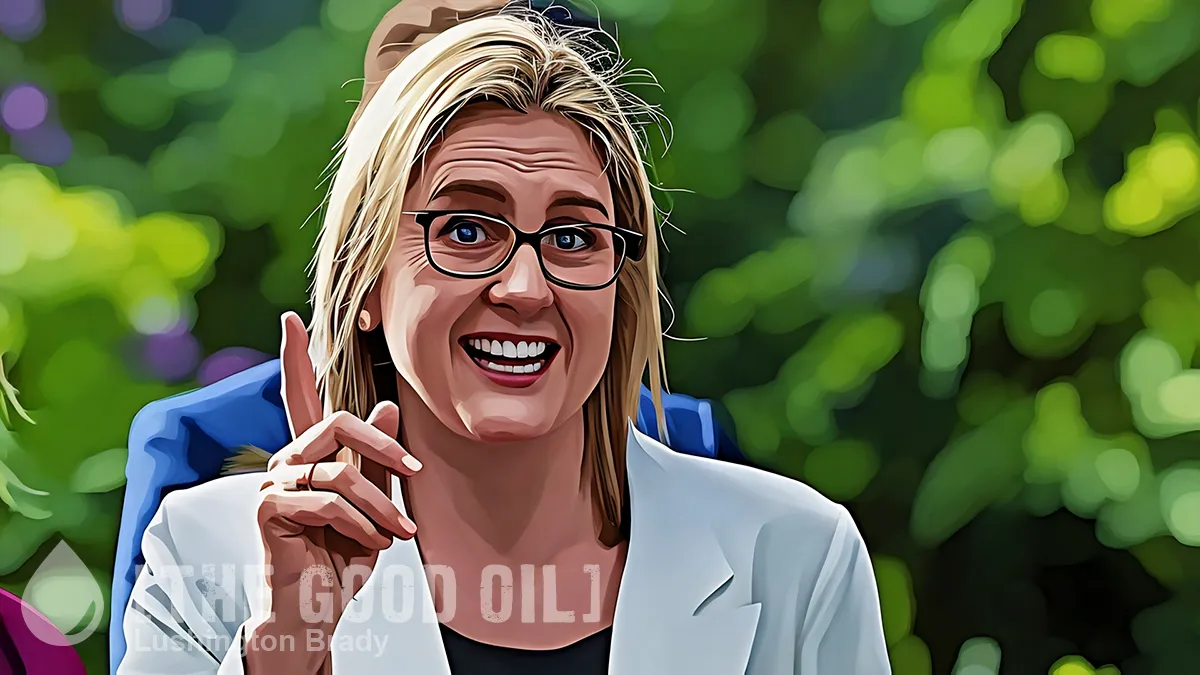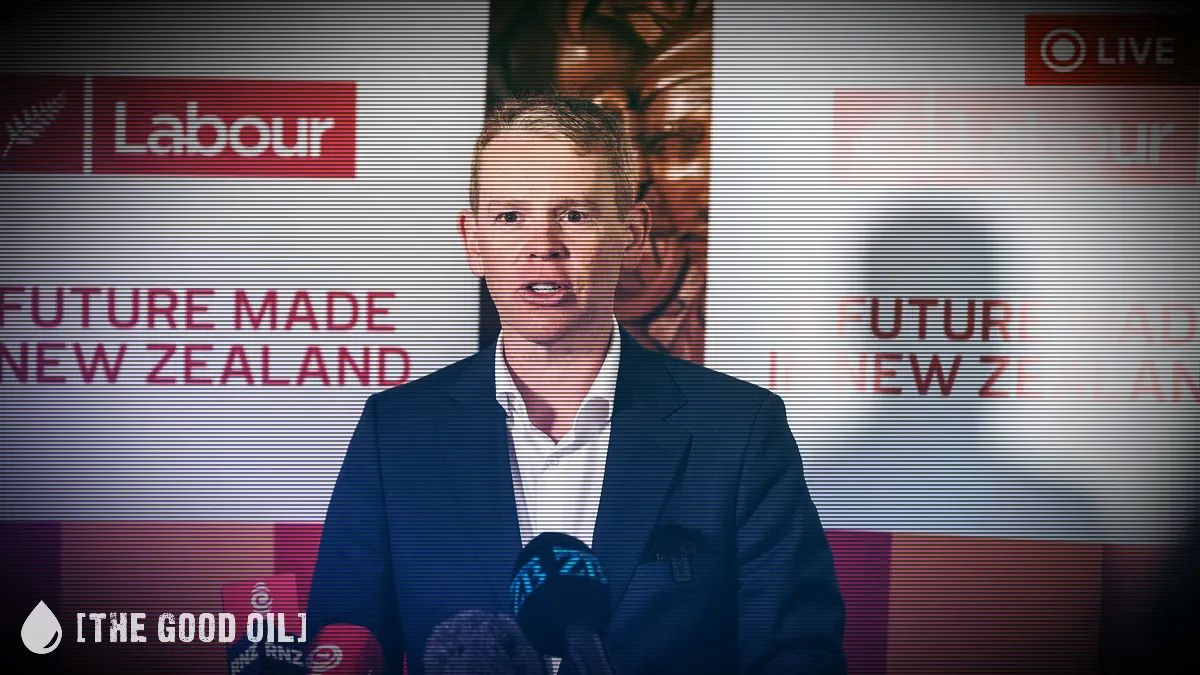Table of Contents
Australia’s first Covid inquiry is in. There’s plenty of surprising good stuff and a whole lot of bureaucratic bullshit.
First, the surprises. Never, as they say, hold an inquiry unless you know what its findings will be. When Anthony Albanese was forced, kicking and screaming, into announcing the inquiry, he did his best to make sure it would be exactly the whitewash he wanted. Most especially, he strived mightily to protect the Labor premiers from any fallout.
The report authors didn’t play ball on that front.
Draconian Covid-19 measures including state lockdowns, border closures, school shutdowns and vaccine mandates were not justified after the initial wave of the pandemic and fuelled an erosion in trust in governments and mental health damage to children, a landmark inquiry has found.
They weren’t justified before the first wave, either. But we’ll get to that.
The report criticised state governments for going further than the national cabinet approach led by Scott Morrison, particularly savaging unilateral border closures championed by [WA premier Mark McGowan]. “Different approaches being taken across the states and territories also led to distrust,” it says […]
In a forensic assessment of Australia’s Covid-19 response, unilateral decisions of the states around lockdowns, curfews, the shut down of schools and playgrounds and state border closures were highlighted despite the Albanese government directing the independent panel not to include them in their scope.
The 868-page report from the panel, led by retired senior public servant Robyn Kruk, noted the states closed schools – which had a significant impact on the mental health of children – despite the peak decision-making body for public health emergency management not recommending the measure.
The report said Australians backed lockdowns in the initial stages of the pandemic but felt “restrictive measures became increasingly inappropriate over the long term and were too heavy-handed and controlling”. “There was a lack of compassion and too few exceptions based on needs and circumstances,” it said.
So far, so good. Then we get to the recommendations. A tidal wave of boilerplate bureaucratic waffle about ‘engagement’, ‘whole-of-society’, ‘key stakeholders’, blah, blah, blah. Nowhere, though, does it say, ‘Don’t do it again.’ Nor does it acknowledge that nearly every aspect of the Covid response was in blatant contradiction of the decades-in-the-making pandemic preparedness plans that were ditched as soon as the first person got a sniffle, in favour of aping the authoritarian nonsense of the Chinese Communist Party.
Judged by the much-delayed release of the report, Covid-19 Response Inquiry: Lessons for the Next Crisis, it’s apparent the authors have been taking lessons from the master of the word salad, Kamala Harris. There are just so many flowery words and meaningless sentences in the summary.
We are told “there is undoubtedly much to forget, but there is also much to be proud of as a nation”. And what about this guiding recommendation: “Build, value and maintain capability, capacity and readiness across people, structures and systems”? One wonders what this even means.
We are then told “pandemics invariably involve making decisions in the face of significant uncertainty. However, the existence of strong, secure, readily adapted, interoperable data systems, processes and capacity for generating, synthesising and communicating evidence can reduce this uncertainty by providing governments with the evidence-based intelligence they need to assess risks and minimise harm”. Again, I’m not really any the wiser.
Rather than this rambling, verbose report full of bureaucratic language, it would have been far better to just bluntly state the facts and let those facts speak for themselves. We spent far too much money; we imposed far too many restrictions; and we allowed our politicians and bureaucrats to grab far too much power.
And that’s just how they intend to keep it, apparently.








